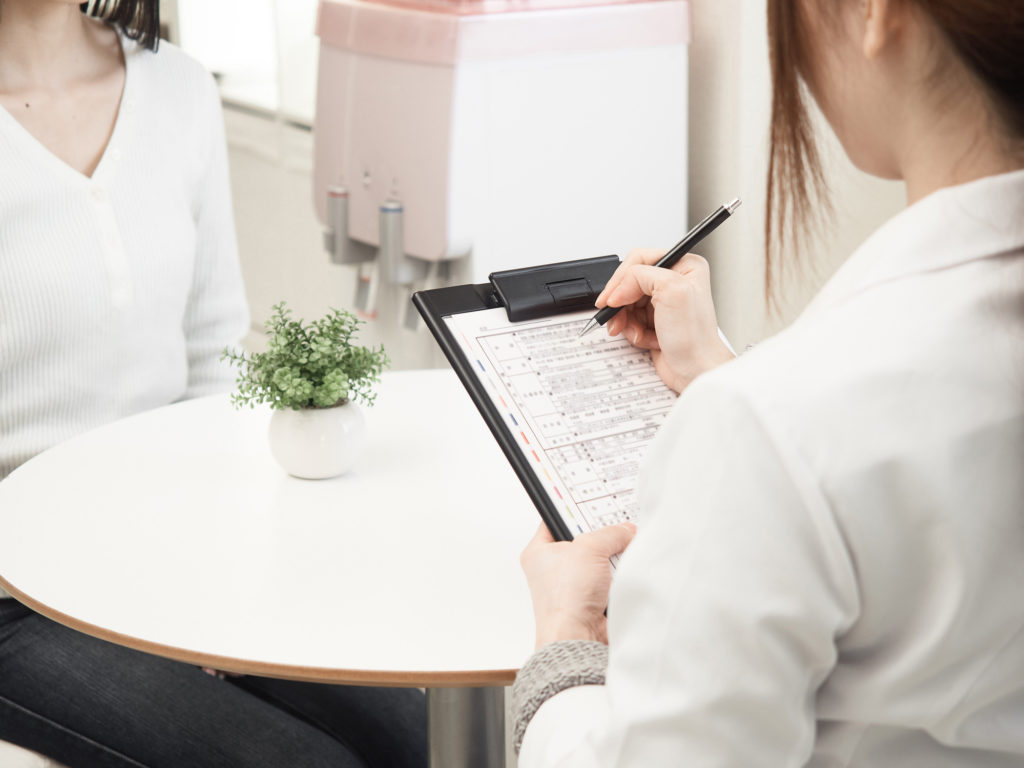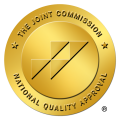Treating Anxiety at Your Treatment Facility
If you are running a treatment facility, it is crucial to know how to properly handle anxiety so that your clients do not suffer more than they need to! Here are some guidelines for helping your clients manage their anxiety while being treated at your facility.
What is Anxiety?
Anxiety is the feeling of fear, nervousness, or worry that something bad will happen. Anxiety can cause a person to feel restless and irritable. It may also affect their sleep habits and lead them to avoid everyday activities they usually enjoy doing. If someone has an anxiety disorder, they experience these feelings more often than considered typical.
Anxiety is the most common mental health disorder in the United States. It is estimated that anxiety affects 40 million adults in the United States, age 18 and older, or 18.1% of the population every year.1
Anxiety Signs and Symptoms
These are some of the most common signs and symptoms of anxiety:
- A racing heart
- Sudden sweating and clammy hands
- Trembling or shaking of the limbs
- Trouble concentrating, remembering what you are doing, or making decisions
- A feeling of being “on edge” or always on the lookout for something bad to happen
- Being overly irritable, aggressive, and angry
- Changes in sleep patterns such as sleeping too much or having nightmares
- Excessive worry
- Avoiding social situations
- Gastrointestinal (GI) problems
Anxiety can range from mild to severe, and it is vital for those who suffer from it to recognize the signs and symptoms to seek the best treatment.
How to Determine if You Have Anxiety
Doctors often recommend completing a self-assessment questionnaire before the patient schedules a physical exam. Self-assessment will help the patient decide whether they are suffering from normal anxiety or an anxiety disorder.
If the self-assessment leads them to believe they are dealing with an anxiety disorder, a doctor will perform a physical exam or conduct a structured interview with the patient to discuss symptoms, their frequency, and situations in which they appear.
The Connection Between Anxiety and Addiction
Anxiety and addiction often go hand in hand. According to the Anxiety and Depression Association of America, around 20% of people suffering from anxiety or another mood disorder also have a substance use disorder (SUD). In addition, 20% of those with an alcohol or substance use disorder also suffer from anxiety or mood disorder.2
How SUD Can Cause Anxiety
It is not uncommon for a person’s substance use disorder to contribute to anxiety. Most commonly, stimulant drugs are related to causing and worsening the symptoms of anxiety.3
Stimulants lead to increased activity in the brain and change the way nerve cells send messages. As a result, a person on stimulants may feel restless and anxious, especially if they take high doses.4 Marijuana use disorders seem to be contributing to the onset of anxiety as well. THC, the psychoactive compound in marijuana, may increase a patient’s anxiety symptoms, such as increased heart rate and racing thoughts.5
Anxiety can also appear in patients who are withdrawing from an addictive substance. For instance, withdrawal from stimulant medications can result in a sudden drop in the brain levels of neurotransmitters, causing anxiety that can last for up to two weeks.6
How Anxiety Can Cause SUD
Similar to how SUD can cause anxiety, it can also contribute to the onset of SUD. Anxious people may turn to substances for relief from their symptoms. If they continue to abuse these substances, then it can lead to a full-blown addiction.
One example is people battling with social anxiety disorder. In an attempt to feel more comfortable in social situations, people with social anxiety disorder misuse alcohol since it lessen their social anxiety. However, alcohol often makes the symptoms worse.7
Signs and Symptoms of Addiction

These are some of the most common signs and symptoms of addiction:
- Strong urges to use the drug.
- Loss of interest in activities that do not involve the harmful substance.
- Requiring larger amounts of the drug to experience the same high.
- Taking high amounts of the drug for a longer period than intended.
- Being unable to stop taking the drug even though it is causing serious health and personal problems.
- Keeping a steady supply of the drug.
- Spending large amounts of money on obtaining the drug.
- Engaging in illegal activities to obtain the drug.
- Extreme changes in appearance.
Anxiety Medications with Addiction Risks
Benzodiazepines: Benzodiazepines are medications used to relieve anxiety, muscle spasms, and seizures. They are considered safe when taken on occasion or daily for a short time. However, if a person takes benzodiazepines regularly for more than a few weeks and in higher doses, then the risk for addiction increases.
Antidepressants: These medications are often prescribed to people experiencing depression, but they are also given to patients with anxiety. Although not as addictive as other substances such as heroin or alcohol, antidepressants can cause physical dependence. In addition, people who suddenly stop taking antidepressants experience withdrawal symptoms, including nausea, hand tremors, and depression.
Dual Diagnosis Treatment for Anxiety and Addiction
When it comes to treatment for anxiety and addiction, patients have several options, including:
CBT for Anxiety
Cognitive-behavioral therapy (CBT) is a form of psychotherapy that can be very effective in treating anxiety. In this treatment, the therapist and client work together to change negative patterns in thoughts, feelings, or behaviors.
CBT teaches patients how to control thoughts to reduce worry. A therapist will work with you on setting achievable goals to reduce anxiety. This therapy may be an option for those who have been unsuccessful at managing their symptoms using medications alone.
Detoxification
Detoxification from addiction is the process of removing toxins and drugs from the body. It can be done through a medical procedure or at home. Detoxing often comes before rehabilitation.
Inpatient detox is when the client stays in a hospital or treatment facility for usually up to three weeks. An individual will be monitored during this period and sometimes given medications that can ease withdrawal symptoms.
Detoxing at home comes with many risks for the patient. For instance, abrupt withdrawal from medications can lead to seizures. Negative withdrawal symptoms happen when a person’s body has become too accustomed to the drug over time and suddenly stops taking it. In these cases, medication should be tapered off gradually. Withdrawal symptoms can be eased with medications such as buprenorphine, methadone, or clonidine.
Inpatient Treatment
Inpatient treatment for addiction is the most intensive form of drug and alcohol rehabilitation. As inpatients, patients live at a recovery facility full-time and participate in a range of activities, including physical exercise and psychotherapy.
Outpatient Treatment
Outpatient treatment involves patients attending the facility for a short time to avoid relapse. Most outpatient programs follow a 12-step model and provide counseling sessions a few days per week. They are less intense than inpatient rehabilitation but may be more affordable and take less time than inpatient rehabilitation.
Anxiety Medication Used in Addiction Treatment
Anxiety medication is used in addiction treatment when a patient’s anxiety is an issue during recovery. The most commonly prescribed medications for treating anxiety are in the SSRI category. Medications in this category are effective for the treatment of anxiety and carry a low risk for addiction. It can include medications like citalopram (Celexa), paroxetine (Paxil), and sertraline (Zoloft) that increase the amount of serotonin in the brain.
Doctors may also prescribe gabapentin to ease a patient’s symptoms. A patient may be prescribed propranolol, as this drug has proven effective in treating the physical symptoms of anxiety. Alternatively, a patient may be given hydroxyzine as a short-term treatment to help with the symptoms of anxiety and tension.
Resources
https://adaa.org/understanding-anxiety/related-illnesses/other-related-conditions/adult-adhd
https://www.webmd.com/anxiety-panic/anxiety-causing-meds#1
https://www.ncbi.nlm.nih.gov/pmc/articles/PMC4011465/
https://emedicine.medscape.com/article/819502-clinical#b1
https://adaa.org/understanding-anxiety/social-anxiety-disorder/social-anxiety-and-alcohol-abuse




